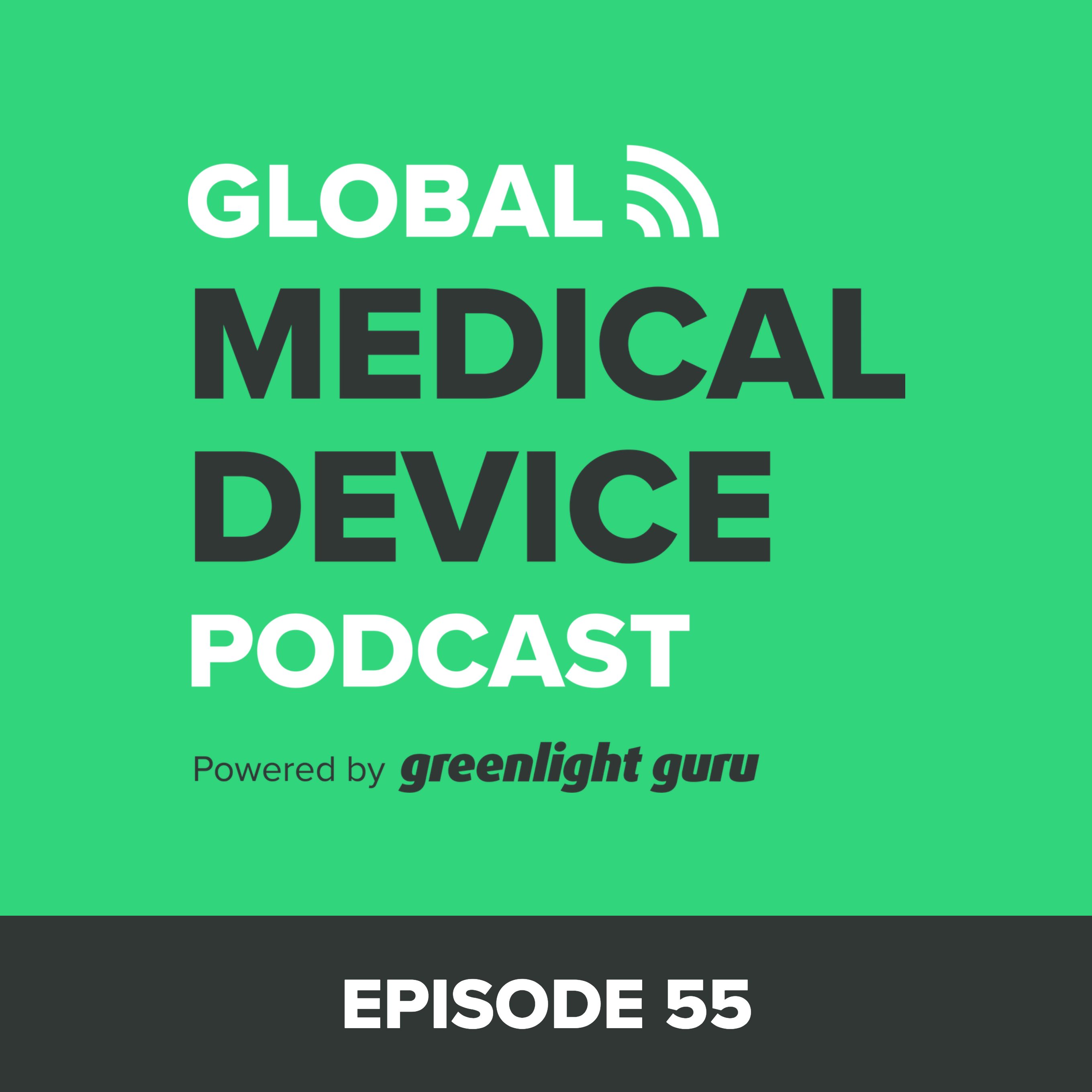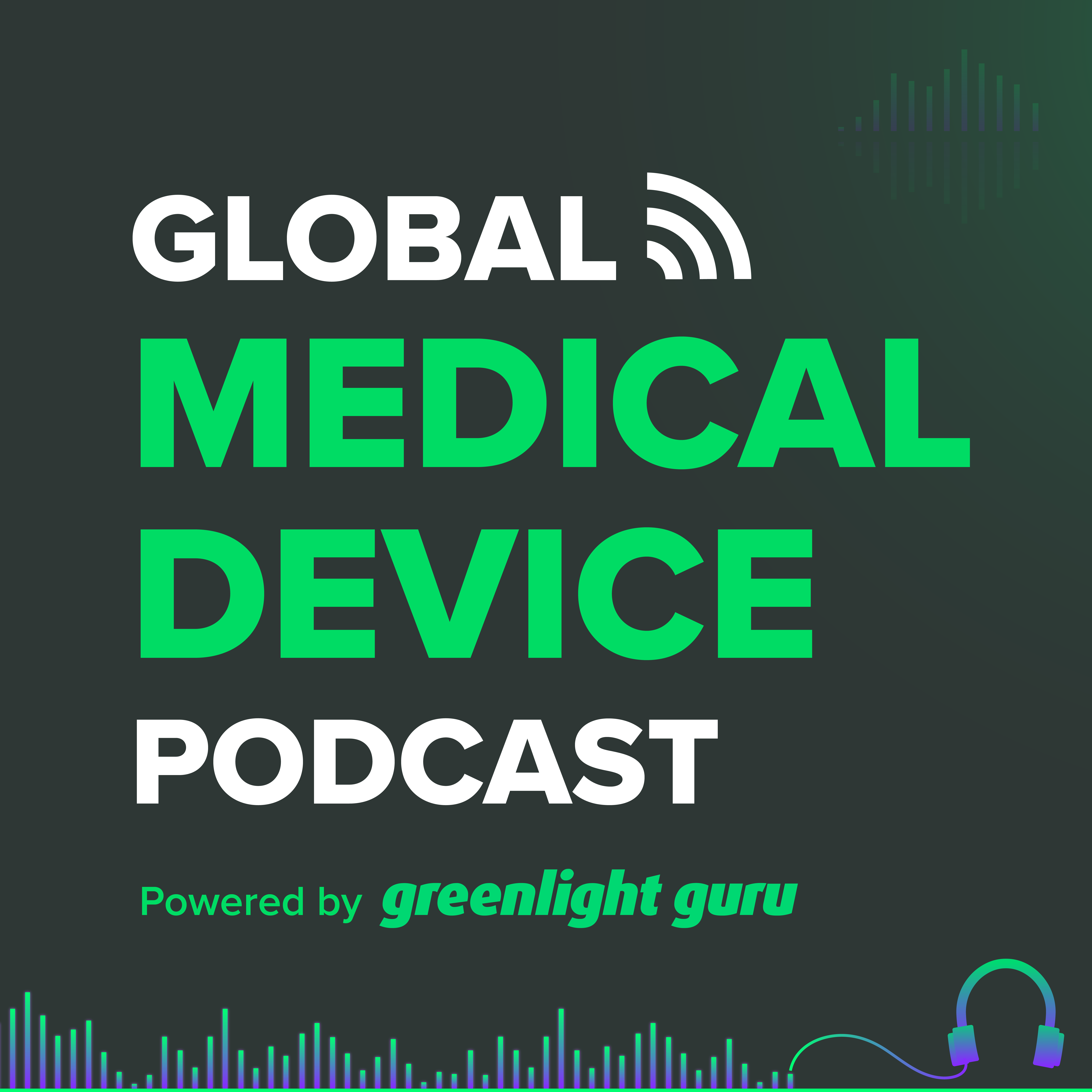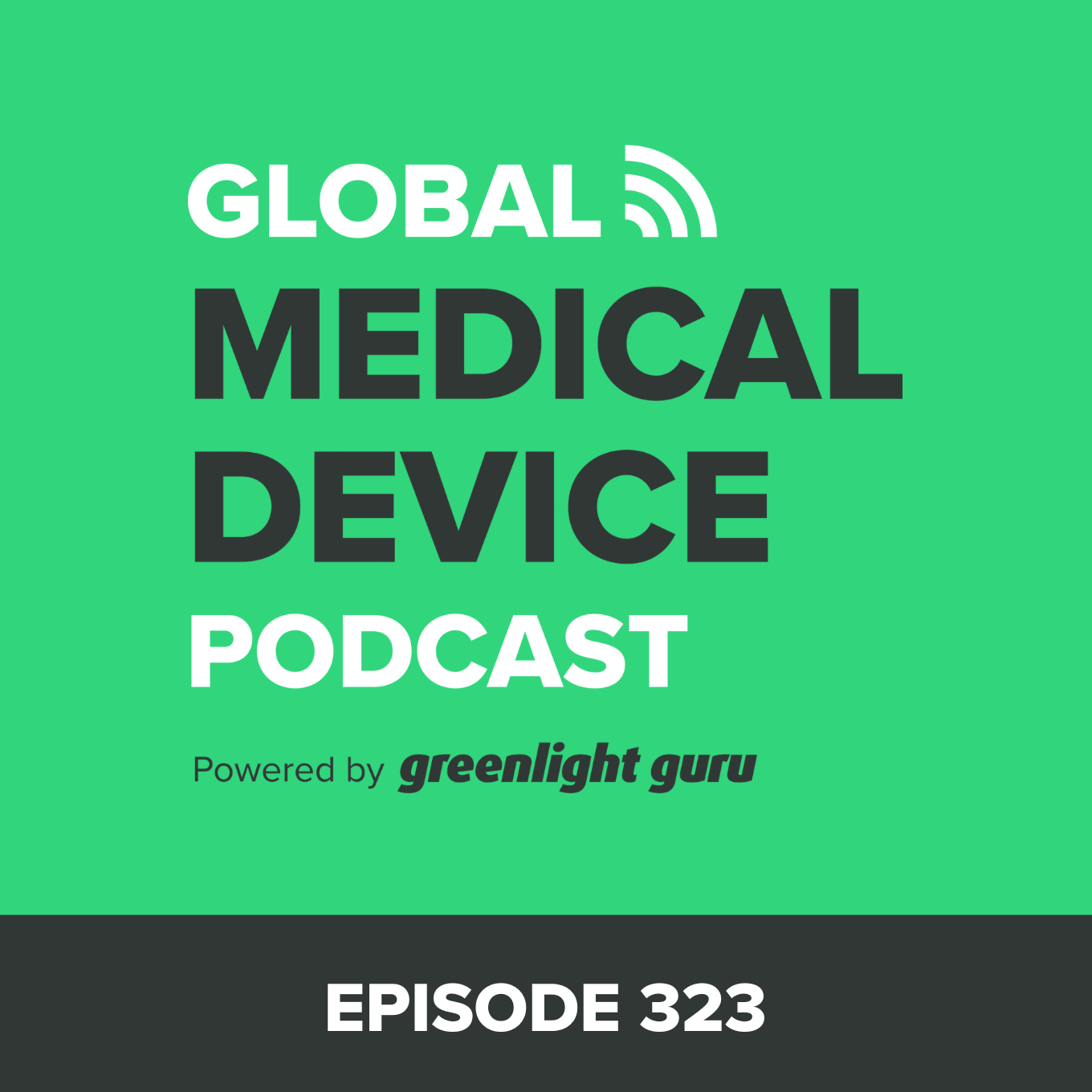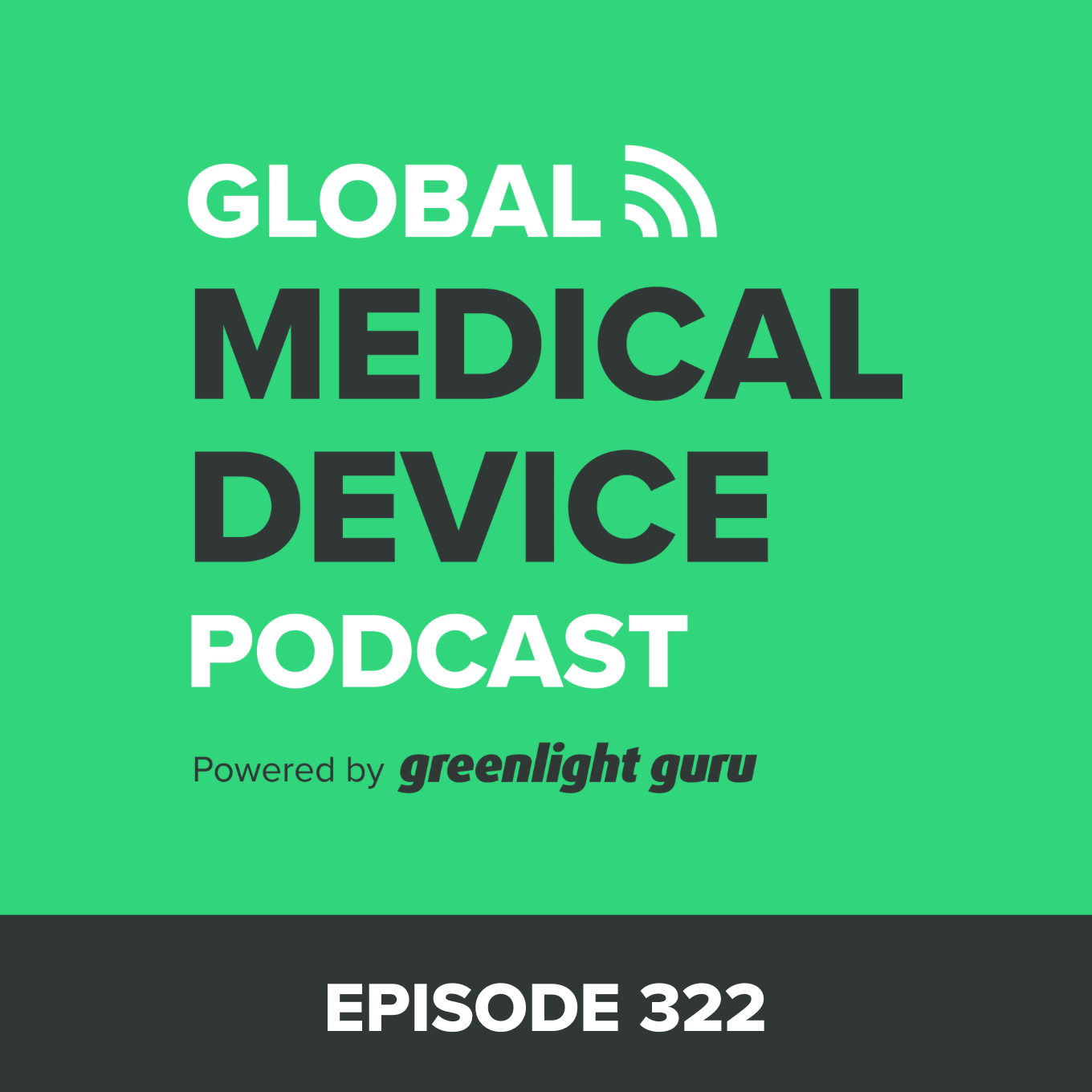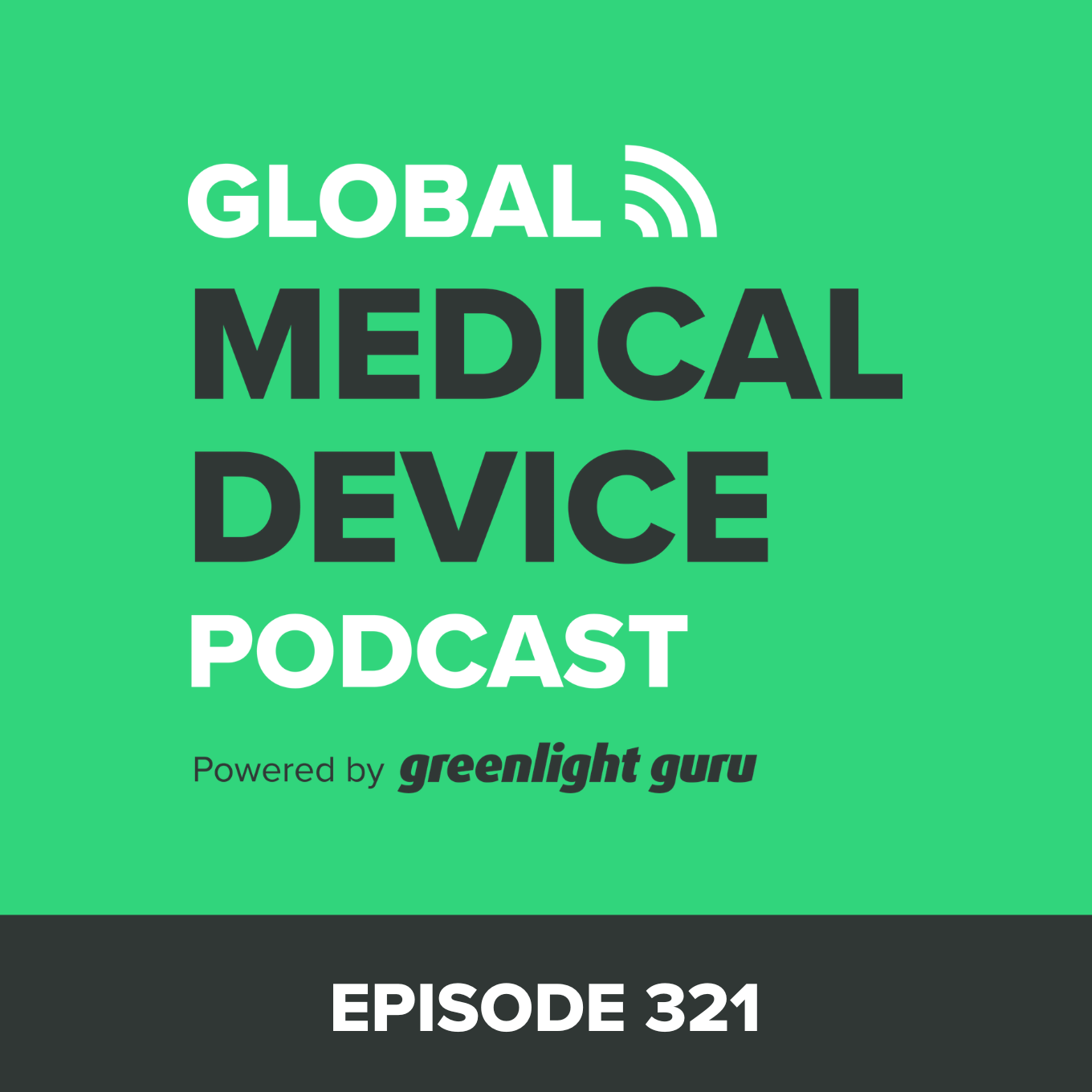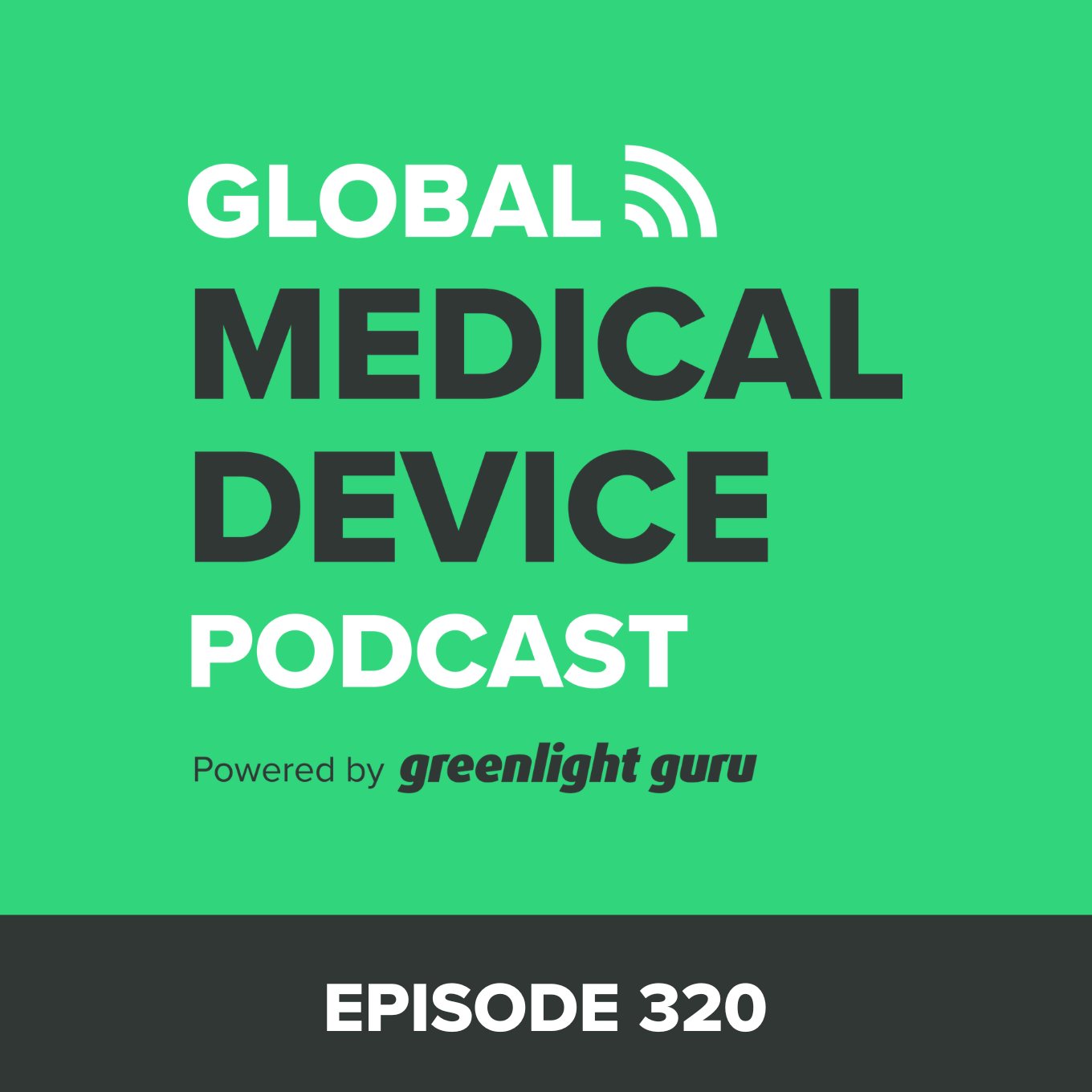An Overview of What Medical Device Developers Need to Know About Human Factors
00:00
00:00
1x
- 0.5
- 1
- 1.25
- 1.5
- 1.75
- 2
This is a podcast episode titled, An Overview of What Medical Device Developers Need to Know About Human Factors. The summary for this episode is: The topic of human factors can be confusing: How does it relate to design factors and risk? Why is it included in the regulations and how can this factor be handled?
On today’s episode, we have Bryant Foster, the Vice President of Research & Design at Research Collective. Bryant applies the principles of cognitive psychology to the design of new technologies and is a great resource on the topic.
Some of the highlights of the show include:
● What Bryant does as the VP of Research & Design at Research Collective and what his main focus is.
● The differences, overlaps, and intersections between human factors, design controls, project development, and research and development as these processes fit into the medical device industry.
● How companies should address the human factors standpoint.
● Common mistakes to avoid when considering the human factors.
● Human factors in usability and ergonomics as well as the difference between formative studies and validation.
● What a task analysis is and how that relates to the overall risk assessment.
● The importance of considering the various users of the product or device.
● What human factors has to do with post-market usability.
